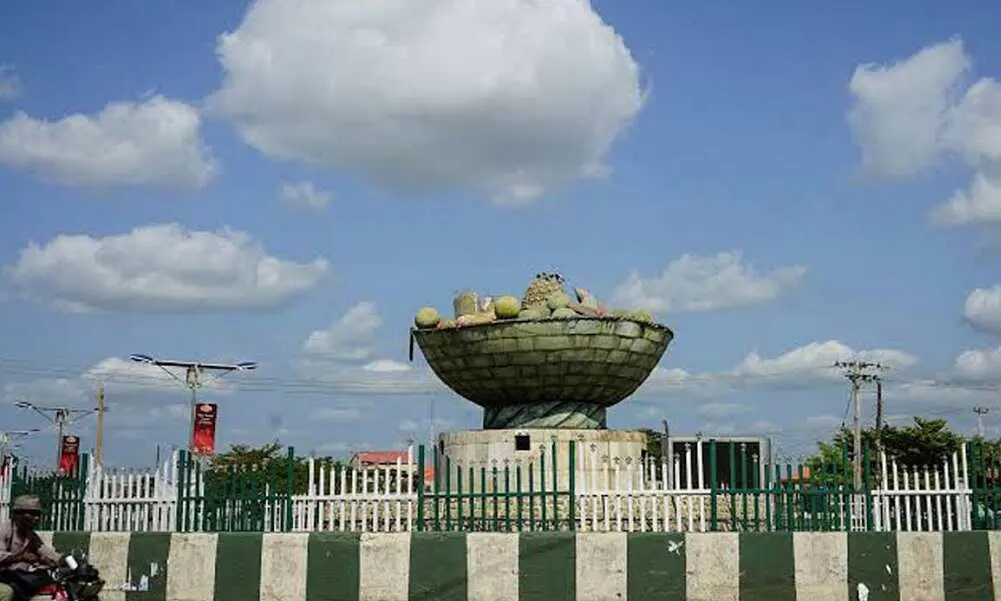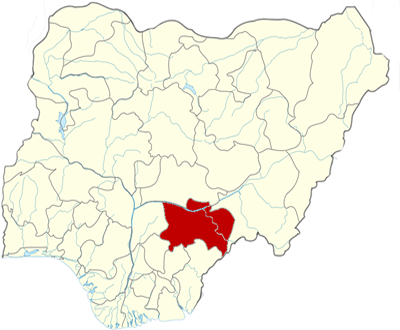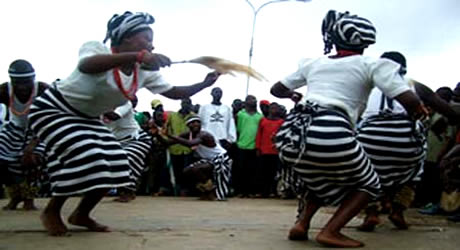Benue State
States Dec 29, 2024 Last Modified:Jan 03, 2025

Table of Contents
The History and Legacy of Benue State
Benue State, located in the North-Central region of Nigeria, is often referred to as the “Food Basket of the Nation.” This reputation stems from its fertile lands and abundant agricultural production. With a rich history, diverse culture, and strategic importance, Benue State plays a significant role in Nigeria’s social, economic, and political fabric.
Historical Background

Benue State was created on February 3, 1976, during the regime of General Murtala Mohammed. The state emerged from the former Benue-Plateau State as part of a nationwide effort to reorganize Nigeria’s regions for better administrative efficiency. Its name is derived from the River Benue, which flows through the state and serves as a vital resource for its people.
The area that constitutes Benue State today has been inhabited for centuries, primarily by the Tiv, Idoma, and Igede ethnic groups, along with several smaller communities. These groups have distinct traditions and languages, but they share a deep connection to the land and its resources.
Cultural Diversity
Benue State is a melting pot of cultures, with over 20 ethnic groups calling it home. The Tiv and Idoma people are the largest ethnic groups, followed by the Igede. Each group has unique cultural expressions, such as traditional dances, festivals, and cuisine.
- Tiv People: The Tiv, known for their farming expertise, celebrate cultural festivals like the “Kwagh-hir,” a traditional theatrical performance that depicts moral lessons and social commentary.
- Idoma People: The Idoma are famed for their vibrant “Ogbureke” and “Aje Alekwu” festivals, which honor their ancestors and celebrate community unity.
- Igede People: The Igede people’s “Igede-Agba” festival, celebrated annually, is a thanksgiving event for a bountiful harvest.
Geography and Economy

Benue State covers an area of approximately 34,059 square kilometers and shares boundaries with Nasarawa, Taraba, Kogi, Enugu, Cross River, and Ebonyi States, as well as the Republic of Cameroon to the southeast. The River Benue, one of the longest rivers in Nigeria, not only provides water for agriculture but also supports fishing and transportation.
Agriculture is the backbone of Benue’s economy. The state is a major producer of yams, cassava, rice, maize, soybeans, and groundnuts. It also grows tree crops like oranges, mangoes, and oil palms. Livestock farming, particularly cattle rearing, is also prevalent.
Tourism and Landmarks
Benue State boasts several attractions that reflect its natural beauty and cultural heritage:
- River Benue: A central feature of the state, it offers opportunities for boat cruises and fishing.
- Montane Environments: The hills in areas like Ushongo provide breathtaking views and hiking opportunities.
- Traditional Festivals: Visitors can experience the rich cultural heritage through various local festivals celebrated throughout the year.
- Benue State University and Federal University of Agriculture, Makurdi: These institutions not only contribute to educational development but also foster research in agriculture and other fields.
Challenges and Opportunities

Despite its rich resources, Benue State faces challenges such as inadequate infrastructure, periodic communal conflicts, and issues related to governance. However, the state holds immense potential for growth, particularly in agriculture, tourism, and education. Investments in these areas could transform Benue into a hub of economic and cultural activity.
Conclusion
Benue State is more than just Nigeria’s food basket; it is a land of cultural vibrancy, historical depth, and economic potential. By addressing its challenges and leveraging its resources, Benue can continue to contribute significantly to Nigeria’s development while preserving its unique heritage for future generations.
